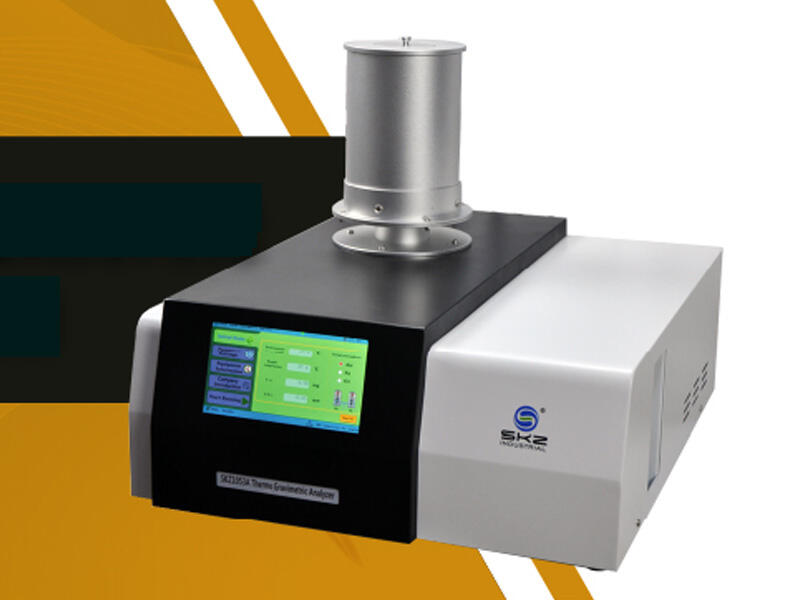Tga thermal gravity analysis has a wide range of applications in many fields. The following are some of the main application areas and specific examples:
Polymer Analysis: TGA thermal gravimetric analysis is used to evaluate the thermal stability, decomposition temperature and volatile components of polymers to help select suitable polymer materials.
Composites: Used to study the thermal behavior and decomposition characteristics of composite materials to optimize material performance.
Drug Stability Testing: TGA can be used to evaluate the thermal stability of drug ingredients, analyze the decomposition characteristics of drugs at different temperatures, and ensure the safety and effectiveness of drugs during storage and use.
Excipient Analysis: Analyze excipients in drug preparations to determine their thermal properties and interactions.
Waste Treatment: TGA is used to study the thermal decomposition characteristics of waste, evaluate the mass change and energy release during its thermal treatment, and help optimize waste management strategies.
Soil and Sediment Analysis: Analyze the organic matter content and thermal stability in soil and sediments to provide data support for environmental monitoring.
Food composition analysis: TGA can be used to analyze the thermal properties of moisture, fat and other components in food to help evaluate the quality and stability of food.
Storage condition optimization: By studying the quality changes of food under different storage conditions, it helps improve storage and packaging technology.
